Thanks to Pipe Major Blue MacMurchie for this letter from his archives. It is another sent by Archibald Campbell, Kilberry, to his friend, the Skye-based piping enthusiasts, Horace Kemble.
It is striking evidence of Archibald Campbell’s no-nonsense attitude to the first series of books published by the Piobaireachd Society and later abandoned to be replaced by the current Books 1 -16.
Wonderfully forthright, the letter dated 16/10/31 makes compelling reading:
The Piobd. Society Collection to which you refer is like the curate’s egg, good in parts and bad in parts. Mostly bad. Willy Stewart, Ensay, [editor of the Piobaireachd Society’s first series of books] insisted on having the tunes written his way and competitors were forced to play that way and no other. He secured a majority of ignorant members to support him and practically all the piping members left the Society. They did not return until entreated to come back just before the war [WW1].
There are 5 parts [to the book], I think, not 6. Part 5 is more or less all right having been done by Gillies [John MacDougall Gillies] and other pipers and revised by Iain Grant [Shf. Grant of Rothiemurchus] before publication.
In part 1 the first two tunes are unreliable. The other 4 are copied from Angus MacKay’s book.
In part 2, no. 1 is a tune amended on mere conjecture by Willy Stewart (with which I personally agree), but there was considerable row over it.
The Bells of Perth is dreadful. Corrienessan is, on the whole, poor. The Only Son is more or less all right. Lochnell’s Lament [Scarce of Fishing] is lamentable. Gathering of Clanranald is inaccurate. In the 3rd part The Lament for the Children might be better or might be worse. The MacLeod’s Salute is poor. The Unjust Incarceration is not correct. The setting of Ronald MacDonald of Morar is untrustworthy but does not sound bad. It does not correspond with the authority quoted for it. My King Has Landed in Moidart is horrible. Lament for the Harp Tree is poor.
In the 4th, Lady Doyle is about the best one. There are small blunders in all the others and I don’t care for the Vaunting setting. Captain MacDougall is not according to the best authority.
Yours ever, AC.
As I said, refreshingly forthright. But what else of worth can we draw from this letter? We can be left in no doubt at all about Kilberry’s passion for the music, and it hints at his determination to do his best by it during the remainder of his life. And so for the next 30+ years he dedicated himself to researching and publishing as many tunes as he could find, and did so via the Society’s books 2 -10 and his own Kilberry Book. The important point, however, is that this was not done on his own authority but that of his teachers and that provided by the manuscripts and books he pored over in his research.
Campbell was clearly taken aback’s at Ensay’s insisting that competitors play the Society’s settings and none other. If he found this so abhorrent he was unlikely to commit the same trespass once in charge himself, was he? Indeed, he was at pains in his Introduction to the Kilberry Book to explain his ‘piper’s jargon’. Furthermore, his notes on the tunes (published in the ‘Side Lights’ books) reveal the extent of his research and the evidence base used to justify publication of the settings in their current form.
When this letter was written he had already edited Books 2 (1928) & 3 (1930) and must have been in the throes of Book 4 (1932). Book 5 followed in 1934, 6 in 1936, 7 in ’38, 8 in ’39, 9 in ’57 and 10, his last, in 1961, WW2 and the Kilberry Book (1948) interrupting the flow. Whatever, this is a phenomenal output of work as anyone who has tried to put piobaireachd on the stave will appreciate. As such Archibald Campbell laid the foundation for the present-day burgeoning of the piobaireachd art, of that there can be no doubt.

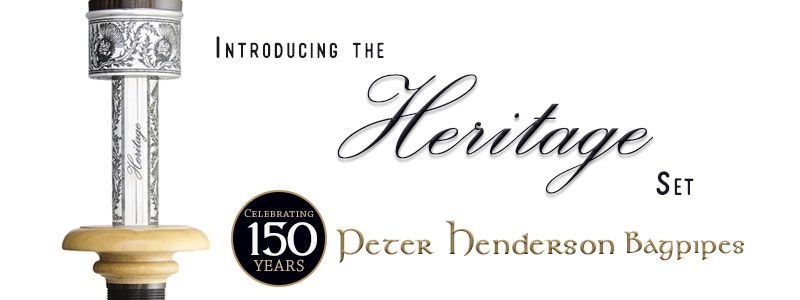

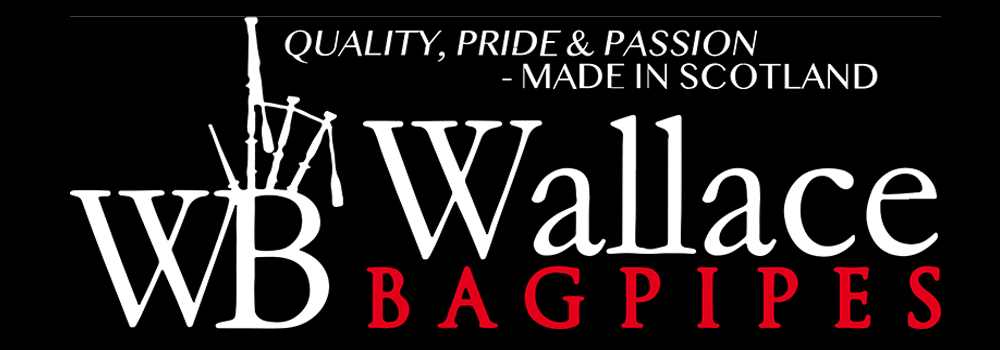
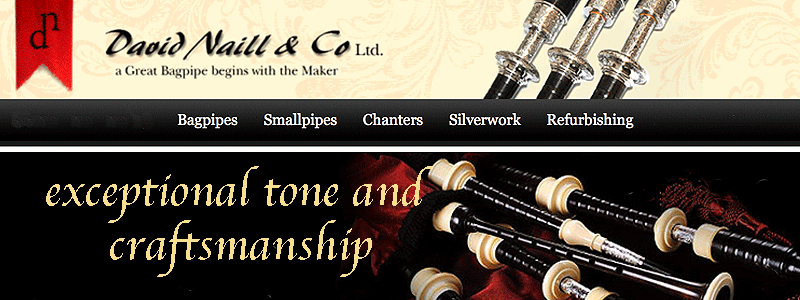



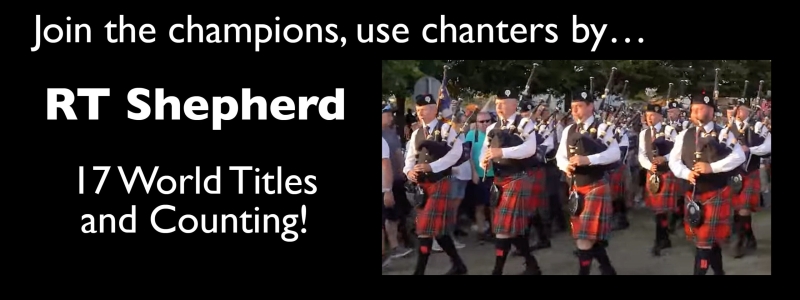





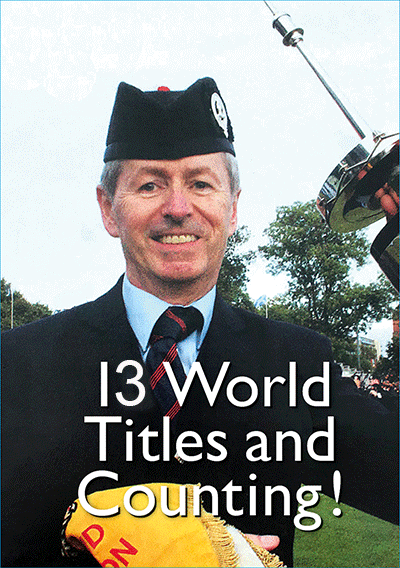
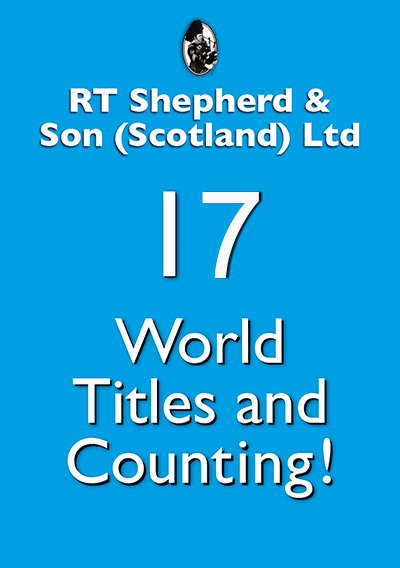
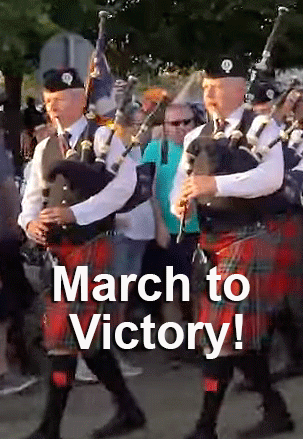







Recent Comments